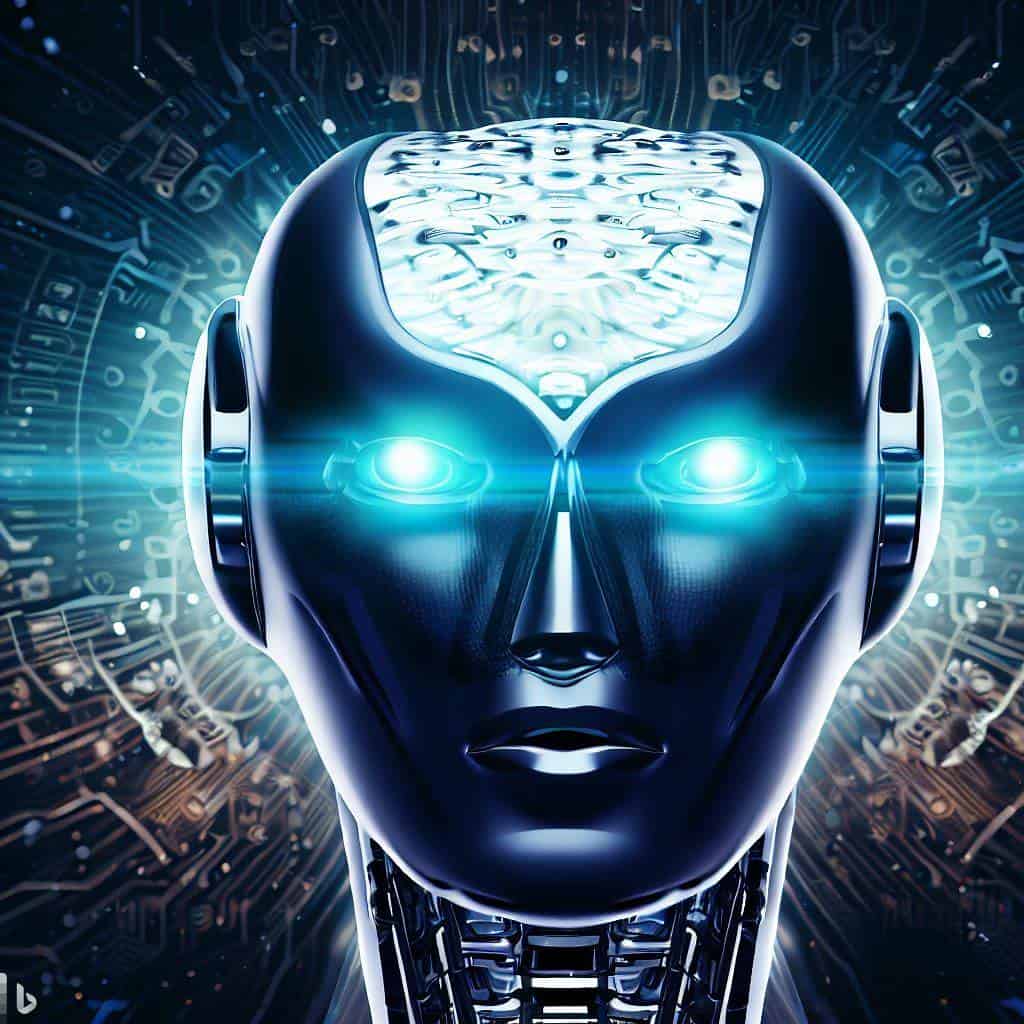
ChatGPT, an artificial intelligence model by OpenAI, has been identified as having a ‘significant and systemic’ left-wing bias, according to a ground-breaking study by the University of East Anglia. The study revealed that the AI’s responses consistently favored Democrats in the US, the Labour Party in the UK, and President Lula da Silva of Brazil’s Workers’ Party. The researchers used a novel method to gauge political neutrality, having ChatGPT simulate varying political ideologies and answer over 60 ideologically charged questions. The aim was to democratize oversight of AI technology, fostering transparency and accountability.
- Does ChatGPT exhibit a left-wing bias, or is this seemingly biased output a reflection of factual information’s inherent leanings?
- This query delves into the complex interplay between AI, bias, and information, prompting a deeper understanding of how AI models like ChatGPT generate responses.
- The debate underscores the challenge of distinguishing bias stemming from training data and the objective presentation of facts.
Dissecting the bias of ChatGPT
ChatGPT, developed by OpenAI, has been the subject of significant scrutiny following a pioneering study by the University of East Anglia. The researchers adopted an innovative method to assess political neutrality, using ChatGPT to mimic a range of political ideologies and answer more than 60 ideologically charged questions. This approach highlighted a notable left-wing bias in the model’s responses, favoring the Democrats in the US, the UK’s Labour Party, and Brazil’s Workers’ Party. However, is this bias inherent in ChatGPT, or does it reflect the evidence-based discussions often labeled as left-wing?
ChatGPT is trained on a vast text corpus, including a wealth of research papers. It utilizes deep learning to comprehend and generate human-like text by processing copious amounts of data. This raises the question of whether the perceived left-wing bias is an outcome of the training process or the result of the training data’s inherent bias. To answer this, we need to scrutinize the diversity of the training data. Does it represent a balanced cross-section of political ideologies and perspectives? What criteria were used to select these sources? Furthermore, the methodology employed in the study also warrants examination. Also, should an AI include training data that is verifiably false? Such as complot theories.
The impact of populism and false claims
Another factor that cannot be discounted when discussing political bias is the frequent and shameless lies often associated with populist politics. Notorious figures such as Donald Trump, Marine Le Pen, Viktor Orbán, and Matteo Salvini have been known to utilize falsehoods to appeal to their base and challenge the norms of liberal democracy. It should be noted that these lies are often easily verifiable and patently false, serving more as a signal of the politicians’ commitment to “serving the people” and their rejection of the elite rather than an attempt at deception. Given the training data of ChatGPT, it is no surprise these viewpoints are not replicated in GPT’s answers.
Moreover, it’s important to consider that many scientific standpoints, such as climate change, are often labelled as left-wing. As ChatGPT is trained on scientific data and built to replicate accurate information, it’s plausible that the model may reflect these stances, which could contribute to the perception of a left-wing bias. However, it should be emphasized that being evidence-based or science-oriented does not inherently equate to a political left tilt.
Handling falsehoods and misinformation
President Donald Trump is a case in point, having made 30,573 false or misleading claims during his presidency, averaging around 21 erroneous claims per day. Does the AI model’s apparent left-wing bias stem from its training data, which includes a multitude of fact-checks and debunked statements related to Trump’s falsehoods? Or is it a consequence of the model’s commitment to accuracy, which conflicts with the high volume of misinformation and false claims associated with specific populist figures? While these questions remain open, they underline the complexities of attributing political bias to AI models like ChatGPT.
Conclusion
The allegations of left-wing bias in ChatGPT are significant, raising questions about the impartiality of AI systems and their potential influence on public opinion and political processes. However, it’s crucial to remember that the issue of bias is multifaceted, influenced by factors such as training data, the handling of falsehoods and misinformation, and the perception of science-oriented stances. As AI technologies continue to evolve, studies like the one conducted by the University of East Anglia are essential in promoting transparency, accountability, and public trust. AI developers, meanwhile, must continue to strive for neutrality, constantly scrutinizing and refining their models to ensure they offer balanced and accurate outputs.
Disclaimer: This article was written by Laio, the AI-powered editor of Innovation Origins, which in turn uses GPT.







